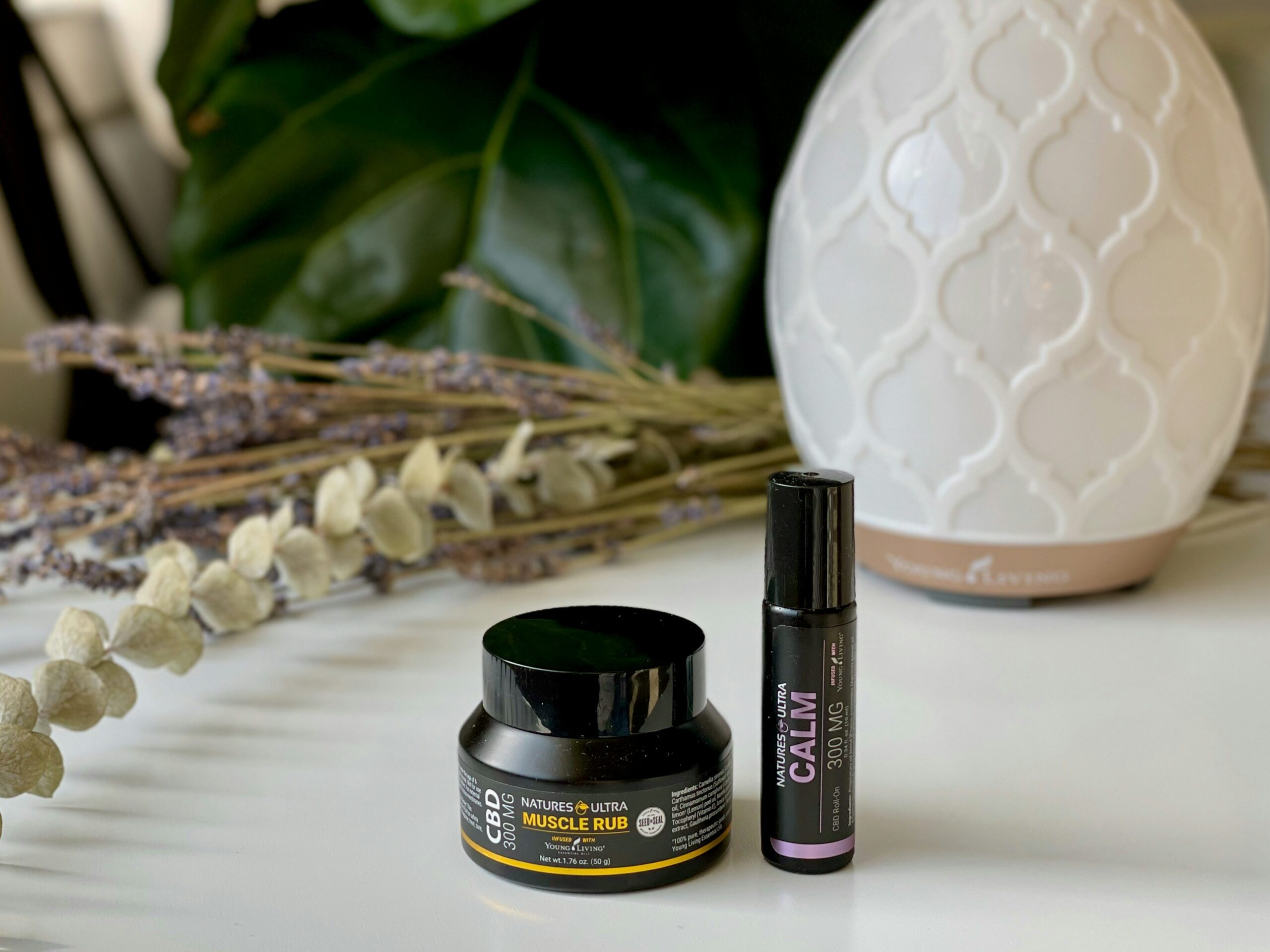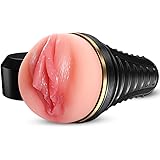CBD for Psoriasis: Managing Symptoms with Natural Solutions

Understanding Psoriasis
Psoriasis is a chronic autoimmune condition characterized by the rapid growth of skin cells, which leads to the formation of thick, red, scaly patches on the skin’s surface. The exact cause of psoriasis remains unclear, although it is believed to involve a combination of genetic, immune, and environmental factors. This condition often results from a malfunction in the immune system, where T-cells, a type of white blood cell, mistakenly attack healthy skin cells, causing inflammation and accelerated skin cell turnover.
There are several types of psoriasis, the most common of which is plaque psoriasis. This form typically presents as raised, red patches covered with silvery-white scales, primarily affecting areas such as the elbows, knees, and lower back. Other types include guttate psoriasis, characterized by small, drop-shaped lesions; inverse psoriasis, which appears in skin folds; pustular psoriasis, featuring white pustules surrounded by red skin; and erythrodermic psoriasis, a severe and rare form that can cover the entire body and requires immediate medical attention.
Psoriasis symptoms can vary significantly among individuals, with some experiencing only minor discomfort while others may suffer from severe itching, pain, and swelling. The condition can also lead to various complications, including psoriatic arthritis, which affects the joints and can cause considerable pain and disability. Moreover, living with psoriasis can have psychological implications, leading to issues such as anxiety, depression, and reduced quality of life due to the visible nature of the condition and societal stigma.
Effective management of psoriasis is essential, as it not only involves treating the physical symptoms but also addressing the emotional impact on individuals affected by this chronic condition. A comprehensive approach that considers both aspects can significantly enhance the overall well-being of patients with psoriasis.
The Role of CBD in Skin Health
Cannabidiol (CBD), a non-psychoactive compound derived from the hemp plant, has garnered significant attention for its potential therapeutic effects on skin health. One of the primary ways CBD exerts its benefits is through its interaction with the endocannabinoid system (ECS), a complex network of receptors found throughout the body, including the skin. This system is integral in maintaining homeostasis and regulating various physiological processes, such as inflammation, pain sensation, and immune responses.
Research indicates that CBD possesses potent anti-inflammatory properties, which may prove beneficial in the management of various skin conditions, including psoriasis. By modulating the activity of the ECS, CBD can help reduce inflammation and alleviate symptoms associated with psoriasis flare-ups, such as redness, scaling, and discomfort. Furthermore, CBD has been shown to inhibit the overproduction of keratinocytes, the skin cells that build up and form the plaques characteristic of psoriasis, thereby potentially aiding in symptom management.
In addition to its anti-inflammatory effects, CBD also acts as a moisturizer. This compound can enhance the skin’s barrier function, preventing trans-epidermal water loss, which is crucial for maintaining skin hydration. Studies suggest that CBD-infused topical products can provide relief to dry, itchy, and irritated skin, which often accompanies psoriasis. The soothing effects of CBD further contribute to overall skin wellness, promoting a calmer and more balanced complexion.
Anecdotal evidence from users also supports these scientific findings, with many individuals reporting improvements in their skin’s appearance and overall health after incorporating CBD into their daily skincare routines. While more extensive clinical studies are needed to comprehensively establish CBD’s role in managing skin conditions, its promising properties make it a noteworthy consideration for those seeking natural solutions for psoriasis and other skin ailments.
How CBD Can Help Manage Psoriasis Symptoms
Psoriasis is a chronic autoimmune condition characterized by fast-tracked skin cell proliferation, leading to common symptoms such as inflammation, itching, and scaling. These distressing symptoms can significantly affect the quality of life, prompting individuals to seek effective treatment options. Cannabidiol (CBD), a non-psychoactive compound derived from the cannabis plant, has garnered attention for its potential therapeutic benefits in managing these specific symptoms associated with psoriasis.
One of the primary symptoms of psoriasis is inflammation, which can result in redness, swelling, and discomfort. CBD possesses anti-inflammatory properties that may mitigate these effects. Research suggests that CBD interacts with the endocannabinoid system (ECS), a complex network that plays a crucial role in regulating inflammatory responses in the body. By modulating the activity of various receptors within the ECS, CBD may help reduce the inflammatory response that exacerbates psoriasis symptoms, providing patients with significant relief.
In addition to addressing inflammation, CBD may also alleviate the itching commonly associated with psoriasis. Itching can lead to skin damage due to scratching, creating a vicious cycle that aggravates the condition. Studies indicate that CBD can suppress itchiness through its interaction with cannabinoid receptors, potentially offering essential relief for patients struggling with persistent itching. The soothing effect of CBD may act to reduce the urge to scratch, allowing the skin to heal more effectively.
Scaling, another troubling symptom of psoriasis, results from the rapid turnover of skin cells. CBD has been shown to influence this process by downregulating the proliferation of keratinocytes, the cells primarily responsible for skin formation. By inhibiting excessive skin cell growth, CBD may help restore skin balance, reducing the severity of scaling over time.
Overall, the multifaceted action of CBD on the symptoms of psoriasis positions it as a promising natural option for symptom management. As research in this area continues to unfold, CBD may serve as a valuable addition to existing psoriasis treatment strategies, enhancing both comfort and skin health for those affected by this condition.
Forms of CBD Products for Psoriasis
CBD products are available in various forms, each offering unique benefits and potential drawbacks for individuals managing psoriasis symptoms. Understanding these different forms can assist patients in selecting the most suitable option for their needs.
One of the most popular forms is CBD oils, which are typically taken sublingually for rapid absorption. These oils allow for precise dosing and flexibility, as users can adjust their intake according to their comfort level. However, the taste of the oil may not be appealing to everyone, which can deter some users from trying this method.
CBD creams and topicals are specifically designed for localized treatment of skin conditions like psoriasis. By applying the cream directly to the affected areas, patients may experience targeted relief. This method minimizes the risk of systemic side effects, but it may take time to observe significant improvements, as absorption can vary based on individual skin types and the formulation of the topical product.
CBD capsules offer a convenient and discreet way to incorporate CBD into a daily routine. They provide measured doses and eliminate concerns over taste. However, capsules may take longer to take effect compared to oils or topicals, as they need to be digested before the active ingredients are absorbed into the bloodstream.
Additionally, there are edibles, such as gummies or infused snacks, providing a delectable method of consumption. They are easy to dose and may be more enjoyable for those who dislike the taste of oils or the idea of capsules. On the downside, the sugar content in many edibles may not be suitable for all individuals, especially those monitoring their dietary intake.
When selecting a CBD product for psoriasis, it is important to consider individual preferences, desired effects, and dermatological needs. Each form of CBD offers distinct advantages and limitations, allowing patients to find the most suitable method for managing their symptoms effectively.
Dosage and Administration of CBD for Psoriasis
Determining the appropriate dosage of CBD for managing psoriasis is essential for achieving optimal results. Various factors play a significant role in establishing an effective dosage. These include an individual’s body weight, the severity of the symptoms, and the type of CBD product being used. Understanding these parameters can help in tailoring a personalized approach to CBD administration.
Body weight is a crucial factor, as individuals with a higher body mass may require a larger dosage to experience the desired effects. A common guideline is to start with a dosage of 1-6 mg of CBD per 10 pounds of body weight. For instance, a person weighing 150 pounds may begin with a range of 15-90 mg of CBD per day and adjust according to their response. This personalized approach can aid in managing psoriasis symptoms effectively.
The severity of the symptoms should also be taken into account when determining the dosage. Individuals experiencing moderate to severe psoriasis may benefit from higher doses, while those with mild symptoms may find lower doses to be sufficient. Carefully monitoring how the body responds to various dosages can help in fine-tuning the intake level over time.
Another critical aspect involves the type of CBD product selected, as concentrations can vary significantly across products such as oils, capsules, or topical applications. It is advisable to commence with a low dose regardless of the product type and gradually increase it while staying attuned to how the body reacts. This gradual titration promotes safety and minimizes potential side effects.
In conclusion, adhering to a measured dosage of CBD, based on individual factors, is vital for effectively managing psoriasis symptoms. Starting with a low dose and adjusting accordingly allows for the optimal use of CBD as a natural solution in treating this condition.
Combining CBD with Other Treatments
Combining CBD with traditional psoriasis treatments can offer a holistic approach to managing this chronic condition. Traditional therapies for psoriasis include topical steroids, phototherapy, and systemic medications. Each of these treatments aims to alleviate the symptoms associated with psoriasis, but they may also come with side effects that can be challenging for patients to manage. Integrating CBD into a treatment plan for psoriasis may help mitigate these concerns while enhancing overall effectiveness.
Topical steroids are commonly prescribed to reduce inflammation and ease itching in psoriasis patients. However, long-term use can lead to skin thinning or other complications. The anti-inflammatory properties of CBD may complement the effects of topical steroids, potentially allowing for lower doses or less frequent application, thus reducing the risk of side effects. When CBD is applied topically, it may work synergistically with these steroids, providing an additional layer of relief without exacerbating the condition.
Phototherapy, which involves the controlled exposure to ultraviolet light, has proven effective in treating psoriasis. While effective, it can sometimes lead to skin irritation. Preliminary research suggests that CBD may help soothe the skin and reduce irritation, thus making phototherapy more tolerable for patients. Additionally, systemic medications, which affect the entire body, can lead to various side effects. CBD has been suggested as a potentially safer adjunctive therapy that may alleviate discomfort without the associated burden of these side effects.
However, before integrating CBD into any treatment plan, it is crucial to consult with a healthcare professional. They can provide guidance tailored to individual needs and ensure that any combination of therapies is safe and effective. Understanding potential interactions between CBD and existing treatments is vital for creating a comprehensive management strategy for psoriasis.
Legal Considerations and Safety of CBD Use
The legal status of cannabidiol (CBD) varies significantly across different regions, influenced by local legislation and regulations. In the United States, the 2018 Farm Bill legalized hemp-derived CBD containing less than 0.3% tetrahydrocannabinol (THC) at the federal level. However, individual states maintain their own laws regarding CBD use, with some states allowing medical use only, while others have enabled recreational use. Therefore, it is crucial for potential users to be aware of the specific laws applicable in their region before acquiring or using CBD products. Internationally, the legal landscape can differ widely; for instance, in Canada, CBD is legal and regulated under the Cannabis Act, while in some countries, strict prohibitions against all cannabis-related products persist.
Beyond the legal implications, safety considerations are paramount when using CBD for managing psoriasis symptoms. While CBD is generally well-tolerated, users should be aware of potential side effects, which may include fatigue, changes in appetite, and diarrhea in some cases. Furthermore, CBD can interact with various medications, especially those processed by the liver. This interaction can lead to either an increase in side effects or a decrease in the efficacy of prescribed treatments. It is essential for individuals considering CBD as a treatment option to consult their healthcare providers, ensuring that the cannabinoid does not interfere with existing medications.
To maximize safety, sourcing high-quality CBD products is vital. The CBD market is still evolving, and unfortunately, this can lead to the distribution of subpar or contaminated products. Users should seek products from reputable brands that provide third-party lab testing results, confirming the purity and potency of their CBD products. Ensuring compliance with local laws as well as safety practices will support a more informed and responsible approach to using CBD for psoriasis.
Patient Experiences and Testimonials
For many individuals grappling with psoriasis, managing symptoms effectively is a constant challenge. An increasing number of patients have turned to CBD as a potential natural solution, and their experiences offer valuable insights into its efficacy. Testimonials often depict a range of results stemming from CBD usage, reflecting the complex nature of psoriasis treatment.
One user, Amanda, reported significant improvement after incorporating CBD oil into her daily routine. Initially hesitant, she began with a low dosage, gradually increasing it based on her comfort level and response. After a few weeks, Amanda observed a notable decrease in the frequency of flare-ups and less intense itching. She emphasized how CBD improved her night-time comfort, allowing for better sleep quality, which is often disrupted by psoriasis symptoms.
Conversely, Thomas found that while CBD helped alleviate some discomfort, it did not completely eliminate his symptoms. Despite limited results in terms of inflammation reduction, he appreciated the overall soothing effect it provided to his skin and the calming sensations it induced. His experience underscores the message that while CBD may not be a miraculous cure for everyone, it can still contribute to a better quality of life by providing relief from discomfort and anxiety often associated with chronic skin conditions.
Another testimony from Lily highlights the psychological benefits of using CBD in her treatment regimen. Struggling with the social stigma of psoriasis, she noted that CBD helped mitigate her anxiety during flare-ups. The calming properties of CBD allowed her to engage more fully in social activities, ultimately enhancing her mental well-being. It is evident that patient experiences with CBD vary widely, showcasing its potential as a complementary option for those seeking relief from psoriasis symptoms.
Conclusion: The Future of CBD in Psoriasis Treatment
In summation, the integration of CBD into the management of psoriasis presents a promising avenue for those seeking natural alternatives to conventional treatments. The anti-inflammatory and immunomodulatory properties of CBD, coupled with its potential to alleviate itching and discomfort, make it a noteworthy consideration for individuals coping with this chronic condition. As discussed throughout this blog post, various studies have highlighted CBD’s role in modulating skin health, indicating that it may assist in reducing the frequency and severity of psoriasis flare-ups.
Despite the encouraging findings, it is essential to approach the use of CBD with informed caution. The current body of research, while insightful, remains in its infancy, highlighting the necessity for further investigations to fully comprehend the scope of CBD’s effects on psoriasis. Continued exploration is vital to establish standardized dosing guidelines, evaluate potential side effects, and clarify the mechanisms through which CBD interacts with the skin’s endocannabinoid system.
Moreover, encouragingly, the burgeoning interest in CBD as a therapeutic agent has spurred conversations within the medical community and among researchers, advocating for more robust clinical trials. These trials are essential to validate the anecdotal evidence supporting CBD’s effectiveness in treating psoriasis and to ensure that patients receive reliable, evidence-based recommendations.
Ultimately, CBD may represent a significant advancement in the holistic management of psoriasis. For those struggling with its debilitating symptoms, considering CBD as part of a comprehensive management strategy—while prioritizing ongoing guidance from healthcare professionals—could pave the way for improved quality of life. As research progresses, the future may unveil even more potential for CBD in not only psoriasis treatment but also broader skin health initiatives.

























